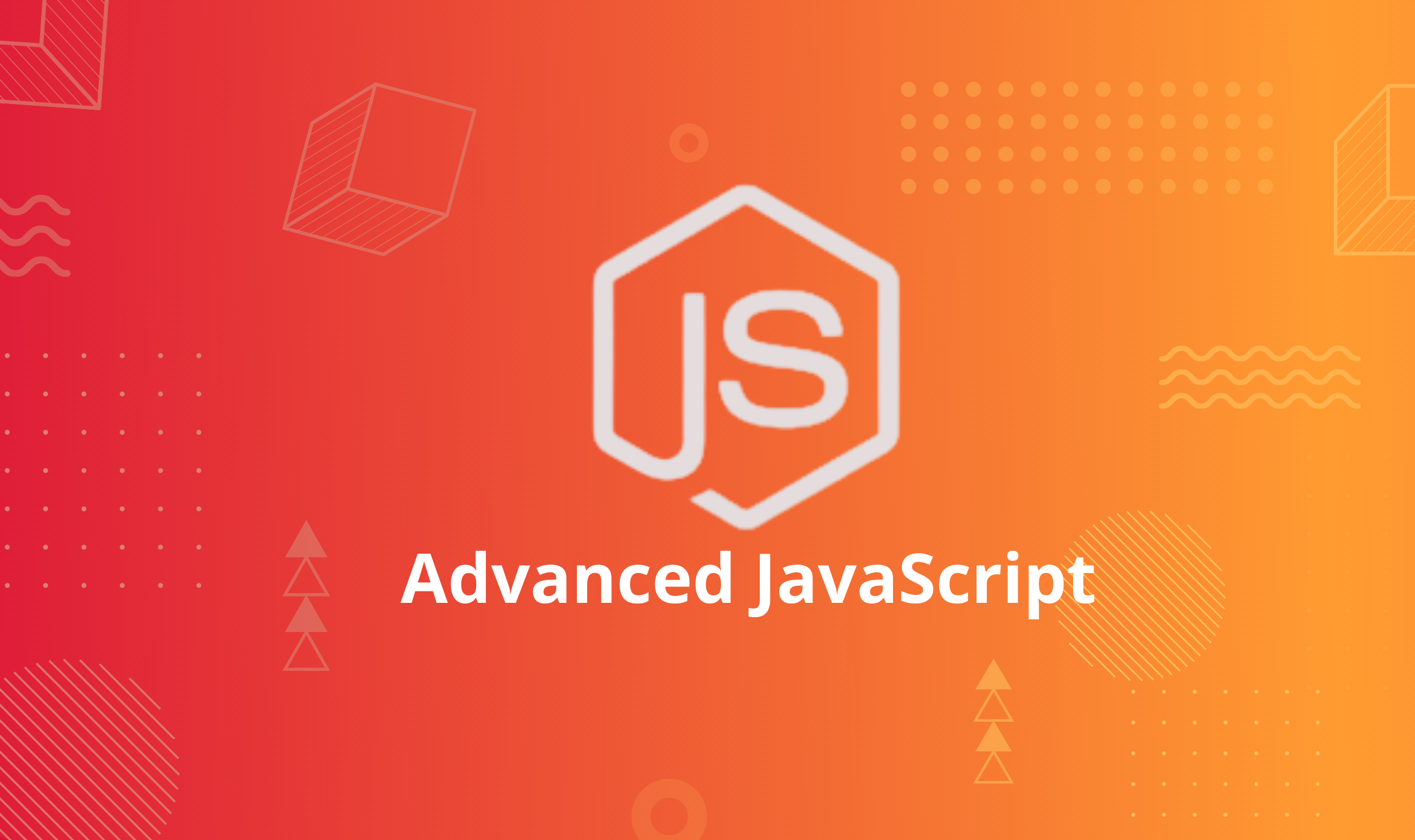Welcome to the Advanced Concepts section of the JSLy documentation portal. This section dives deep into advanced JavaScript topics, helping you gain a comprehensive understanding of complex concepts and techniques. Whether you are looking to refine your skills or master new ones, these resources will guide you through the intricacies of advanced JavaScript development.

 Explore the fundamental building blocks of JavaScript: objects and classes. Learn how to create and manipulate objects, define classes, and understand inheritance, encapsulation, and polymorphism.
Explore the fundamental building blocks of JavaScript: objects and classes. Learn how to create and manipulate objects, define classes, and understand inheritance, encapsulation, and polymorphism.
Explore Objects and Classes
 Delve into advanced array methods and collection types. Understand how to efficiently manipulate arrays, use maps and sets, and leverage the power of JavaScript collections.
Delve into advanced array methods and collection types. Understand how to efficiently manipulate arrays, use maps and sets, and leverage the power of JavaScript collections.
Learn About Arrays and Collections
 Master the prototype-based inheritance model in JavaScript. Learn about the prototype chain, how to create prototypes, and the differences between classical and prototypal inheritance.
Master the prototype-based inheritance model in JavaScript. Learn about the prototype chain, how to create prototypes, and the differences between classical and prototypal inheritance.
Understand Prototypes
 Gain a deep understanding of closures in JavaScript. Learn how closures work, their common use cases, and how they can be used to create private variables and functions.
Gain a deep understanding of closures in JavaScript. Learn how closures work, their common use cases, and how they can be used to create private variables and functions.
Discover Closures
 Navigate the world of asynchronous programming in JavaScript. Understand promises, async/await, and asynchronous iteration, and learn how to handle asynchronous operations effectively.
Navigate the world of asynchronous programming in JavaScript. Understand promises, async/await, and asynchronous iteration, and learn how to handle asynchronous operations effectively.
Explore Asynchronous Programming
 Learn how to manage and handle errors in JavaScript. Understand the different types of errors, how to use try/catch blocks, and best practices for error handling in asynchronous code.
Learn how to manage and handle errors in JavaScript. Understand the different types of errors, how to use try/catch blocks, and best practices for error handling in asynchronous code.
Master Error Handling
Note: This section is continuously updated with new content. Stay tuned for the latest updates and improvements.
objects-classes-example.js
class Person {
constructor(name, age) {
this.name = name;
this.age = age;
}
greet() {
return `Hello, my name is ${this.name} and I am ${this.age} years old.`;
}
}
const john = new Person('John', 30);
console.log(john.greet());






